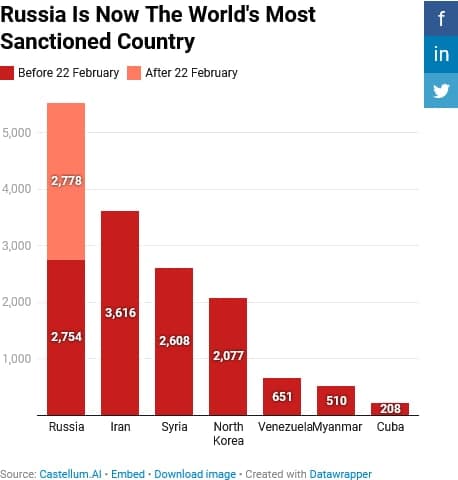RIO DE JANEIRO, BRAZIL – U.S. Energy Secretary asks Minister Bento Albuquerque to take action to control the global oil supply.
The skyrocketing price of oil, also triggered by unprecedented sanctions from the West, has prompted the United States to also appeal to Brazil to expand its production. The Gulf states and Saudi Arabia have also reconsidered after an initial refusal.
U.S. Energy Secretary Jennifer Granholm conveyed the ‘request’ to Mines and Energy Secretary Bento Albuquerque during a video conference call last Thursday.
Albuquerque said the next day that the agenda with the U.S. government representative was to ‘discuss’ the international situation affected by the conflict in Eastern Europe.
Much of the discussion was devoted to the need to increase oil production in the world “as quickly as possible.”
“The countries that have reserves, such as the United States, Japan, India, and others, are releasing them. But you also have to make an effort to increase production. She [Jennifer Granholm] asked me if Brazil could be part of that effort, and I said ‘of course it can’.
We are already increasing our production, while most OECD countries have reduced it. We have increased our production in the last three years,” he said.
He explained that countries in the Organization for Economic Cooperation and Development (OECD) will release 60 million cubic meters of oil in the next two months. Half of that volume will come from the United States, he said.
“It’s about avoiding the volatility of oil prices in the world, especially in the Western world, for OECD countries,” he said. Members of this rich country clubs are not supposed to suffer.
Albuquerque acknowledged that the strong “imbalance” between supply and demand, exacerbated by the ‘war in Ukraine,’ could go beyond price increases and cause markets to run out of supply. “We may not have enough diesel to meet the demand of all countries,” he said.
The minister said diesel inventories in the United States are 20% below capacity. Middle Eastern countries have also been affected, he said, as they have lost 40% of their diesel stocks.
Albuquerque explained that in Brazil, storage in each region is monitored by the National Petroleum Agency (ANP). According to him, the farther the storage tanks are from the refineries, the higher the stocks must be kept.
Concerns about inadequate supplies prompted the government to set up a monitoring committee formed by government agencies to track the situation on a daily basis.
Regarding the high fuel prices being felt by Brazilians, Albuquerque said this is not just a Brazilian problem, but a global one. He said the imbalance between supply and demand dates back to before the war in Ukraine.
“As the global economy recovered in 2021, demand began to increase. Supply may not recover immediately. It takes time to increase oil and gas production, and investment in these sectors has declined,” he said.
He pointed out that Brazil is an exception in the world, with a 17% increase in oil production and a 22% increase in gas production.
Still dependent on derivative imports, Brazil cannot process crude oil produced from the fields to supply the domestic market. “We have a lot of external dependence,” Albuquerque acknowledges. According to him, about 30% of the diesel and liquid gas consumed by Brazilians comes from abroad.
Regarding the measures to curb high fuel consumption, the minister said that some of them take time to have an effect. This is the case with the price stabilization fund approved by the Senate last week. “Funds are not born overnight. Nor are the stocks built up so quickly,” he said.


